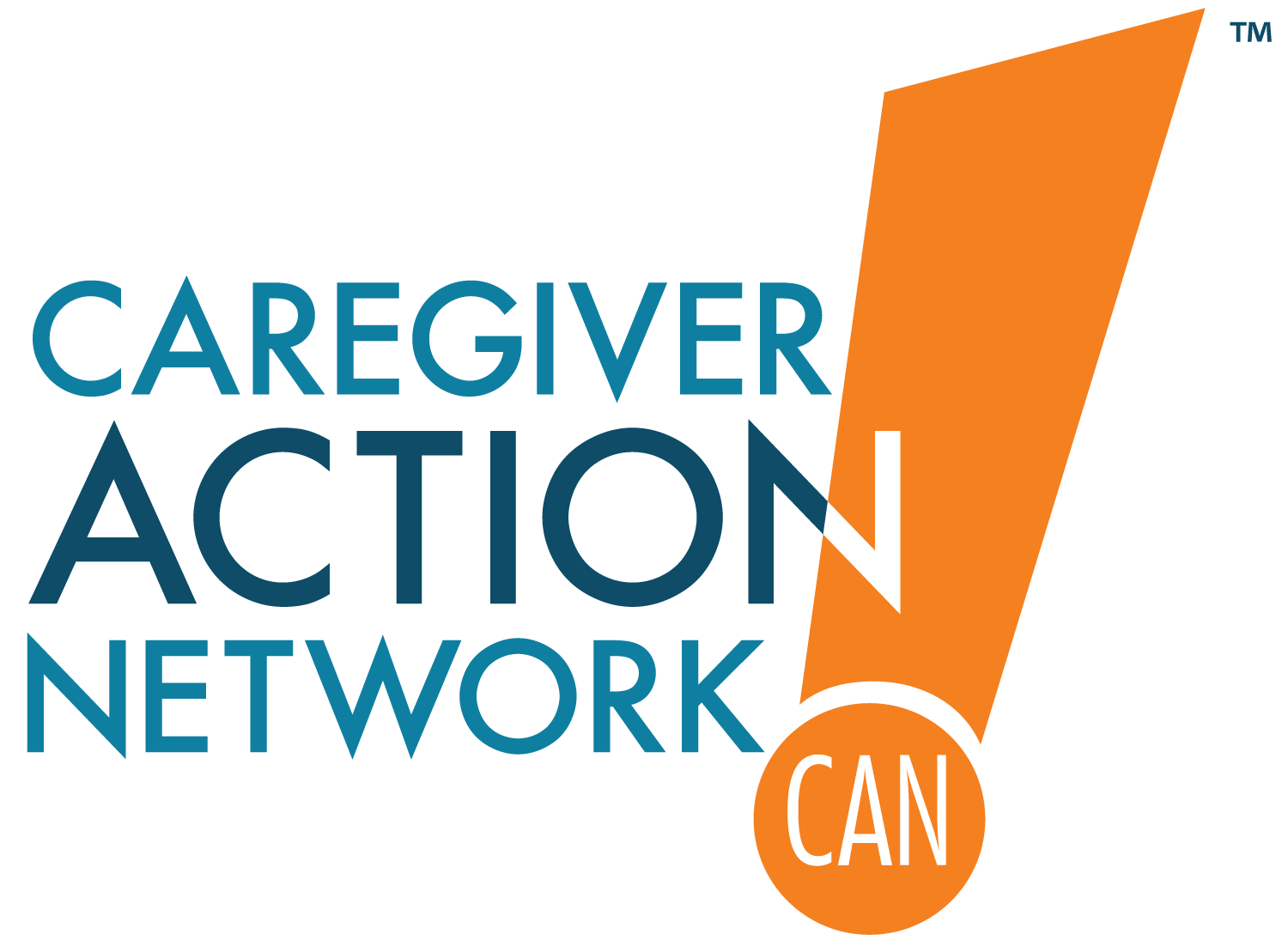There are some challenges to using non-medication approaches for NPS in Alzheimer's disease.
NPS can also vary depending on the environment, time of day, and your loved one’s mood, so you may need to change your coping strategy.
Despite these challenges, a holistic approach that integrates non-medication strategies with other treatments can play a pivotal role in supporting the well-being of both your loved one with Alzheimer's and you.
By prioritizing innovative and compassionate care, we can foster more meaningful connections and improve the overall management of this complex disease.

